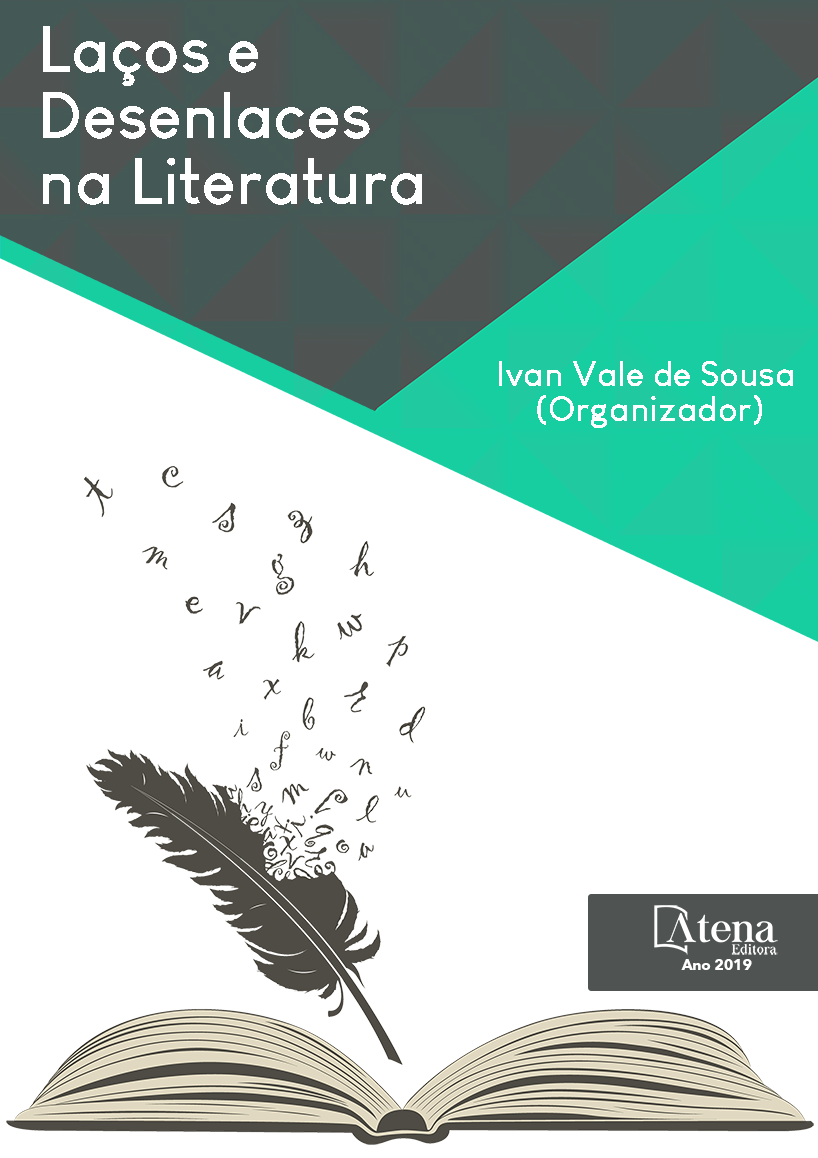
Memória, identidade e nacionalismo étnico e cívico em Narrative of the life of Frederick Douglass, an American slave, written by himself.
O presente artigo do autor tem como
tema a memória, a identidade, nacionalismo
étnico e cívico presentes na obra Narrative
of the life of Frederick Douglas, An
American slave, written by himself (1845),
romance autobiográfico no qual o escritor
afro-estadunidense descreve sua trajetória de
vida desde suas primeiras memórias infantis,
mas que na verdade expressam as memórias
coletivas da comunidade negra de Maryland e
na qual se encontrava inserido por compartilhar
a mesma identidade. Essas memórias são as
de seus sete anos de idade e que se estendem
até o momento em que ele conseguiu escapar
para o norte dos Estados Unidos. Para
desenvolver as hipóteses aqui sugeridas foram
usados os seguintes teóricos: BERGSON
(1999), BHABHA (2013), CANDAU (2011),
DUBOIS (1996), FANON (1967), GLISSANT
(2006), HALL (2013), HAL-BWACHS (1990), LE
GOFF (2003), McCRONE (2002). O objetivo é
apontar como a memória individual e coletiva
exerce influência para construir uma identidade
cultural e por último uma identidade nacional.
O trabalho foi desenvolvido através de uma
pesquisa bibliográfica quantitativa e qualitativa
no campo da análise literária. O resultado
estabeleceu as conexões entre memória,
identidade e nacionalismo nas comunidades
negras estadunidenses do séc. XIX através das
slave narratives.
Memória, identidade e nacionalismo étnico e cívico em Narrative of the life of Frederick Douglass, an American slave, written by himself.
-
DOI: 10.22533/at.ed.96219240713
-
Palavras-chave: Memória; Identidade; Nacionalismo; Frederick Douglass; Narrativas Escravas.
-
Keywords: Memory; Identity; Nationalism; Frederick Douglass; Slave Narratives.
-
Abstract:
The author’s current paper has
as its theme memory, identity, ethnic and civic
nationalism present in Frederick Douglas’s
Narrative of the Life, An American slave,
written by himself (1845), an autobiographical
novel in which the Afro-American writer describes
his life trajectory from his earliest childhood
memories, but in fact, it expresses the black
community’s collective memories of Maryland
and in which he was inserted by sharing the
same identity. These memories are his seven
year old ones and it extends until the moment in
which he managed to escape to the north part
of the United States. To develop the hypotheses
suggested here, the following theorists were
used: BERGSON (1999), BHABHA (2013),
CANDAU (2011), DUBOIS (1996), FANON (1967), GLISSANT (2006), HALL (2013),
HAL-BWACHS (1990), LE GOFF (2003), McCRONE (2002). The objective is to point
out how individual and collective memory exerts influence to build a cultural identity
and finally a national identity. The work was developed through a quantitative and
qualitative bibliographical research in the field of literary analysis. The result established
the connections between memory, identity and nationalism in the black American
communities of the 18th century through the slave narratives.
-
Número de páginas: 15
- Nilson Macedo Mendes Junior


